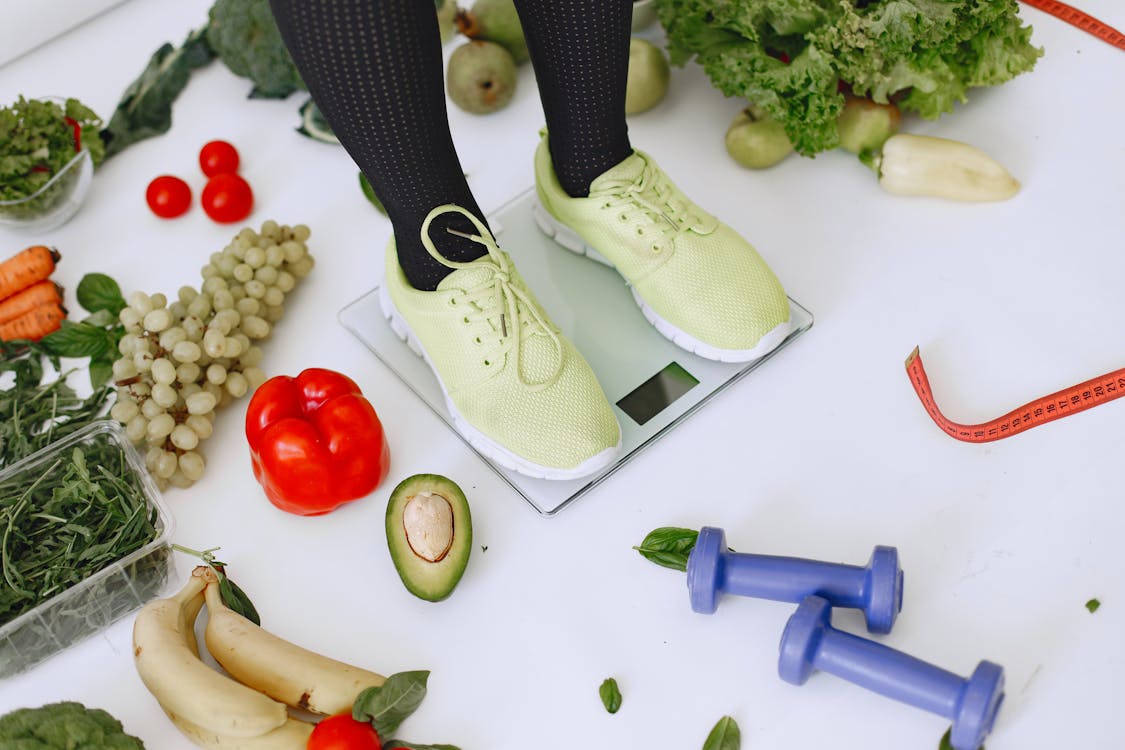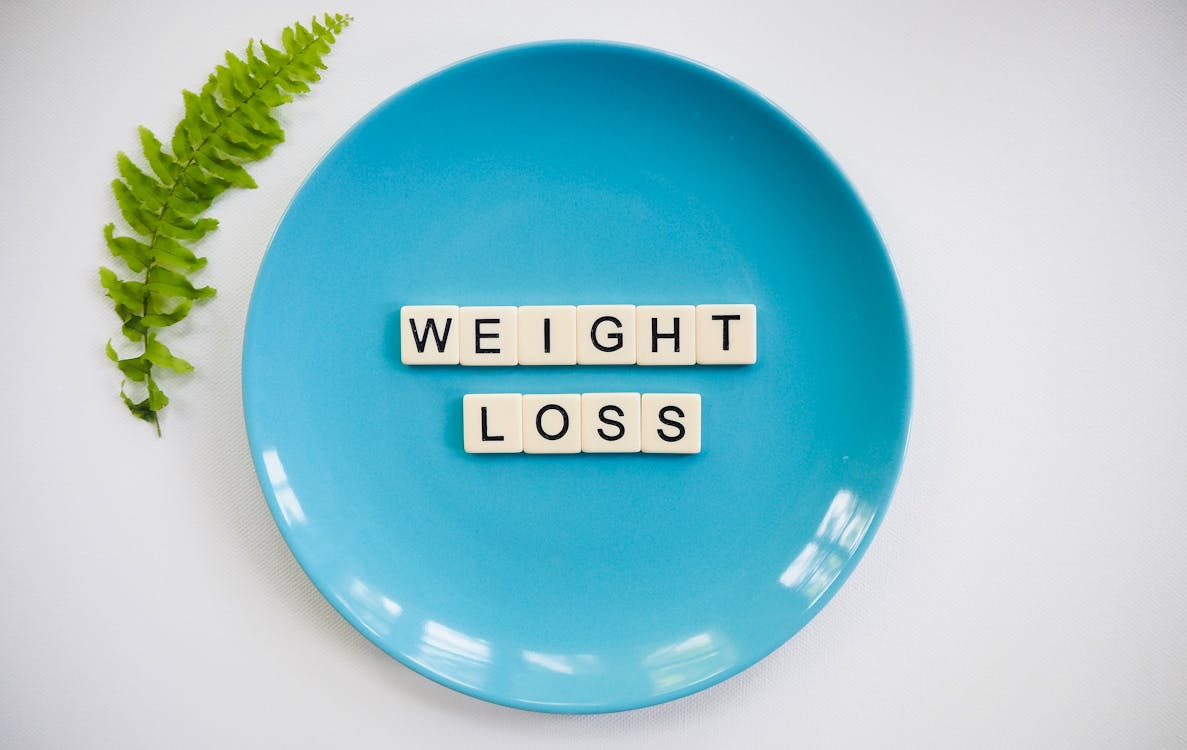There are many different approaches to weight loss, and the best diet plan for you will depend on your individual preferences, lifestyle, and health needs. However, here are some general guidelines that can help you create a healthy, sustainable diet plan for weight loss:
Eat a variety of whole foods: Focus on eating plenty of vegetables, fruits, whole grains, lean proteins, and healthy fats. These foods are rich in nutrients and will keep you feeling full and satisfied.
Cut back on processed foods and added sugars: Processed foods and added sugars can be high in calories and low in nutrients, and they can make it harder to lose weight. Instead, choose foods that are as close to their natural state as possible.
Watch your portions: Even healthy foods can contribute to weight gain if you eat too much of them. Use measuring cups or a food scale to help you keep your portions in check.
What are the 5 foods that burn belly fat?
Leafy greens: Leafy greens like spinach, kale, and collard greens are low in calories and high in fiber, which can help keep you feeling full and satisfied.
Lean protein: Eating lean protein sources like chicken, fish,
and tofu can help you build and maintain muscle mass, which can help you burn more calories throughout the day.
Whole grains: Whole grains like brown rice, quinoa, and whole wheat bread are high in fiber and can help keep you feeling full.
Nuts and seeds: Nuts and seeds are rich in healthy fats and protein, which can help keep you feeling full and satisfied. However, they are also high in calories, so be sure to watch your portions.
Berries: Berries like strawberries, blueberries, and raspberries are low in calories and high in fiber and antioxidants, which can help support weight loss.
Eat a variety of whole foods: Focus on eating plenty of vegetables, fruits, whole grains, lean proteins, and healthy fats. These foods are rich in nutrients and will keep you feeling full and satisfied.
Eat a variety of whole foods: Focus on eating plenty of vegetables, fruits, whole grains, lean proteins, and healthy fats. These foods are rich in nutrients and will keep you feeling full and satisfied.
Reduce your calorie intake: In order to lose weight, you need to create a calorie deficit by consuming fewer calories than you burn. This can be achieved by reducing your portion sizes, choosing lower-calorie options, and being mindful of snacking.
Limit processed foods and added sugars: Processed foods and added sugars can be high in calories and low in nutrients, and they can make it harder to lose weight. Instead, choose foods that are as close to their natural state as possible.
Stay hydrated: Drinking plenty of water can help you feel full and satisfied, and it can also help boost your metabolism.
Is fasting a good way to lose weight?
Diet plan for weight loss for beginners
Eat more whole foods: Focus on eating plenty of vegetables, fruits, whole grains, lean proteins, and healthy fats. These foods are nutrient-dense and can help you feel full and satisfied.
Reduce your calorie intake: In order to lose weight, you need to create a calorie deficit by consuming fewer calories than you burn. This can be achieved by reducing your portion sizes, choosing lower-calorie options, and being mindful of snacking.
Drink plenty of water: Staying hydrated is important for overall health and can also help you feel full and satisfied.
Limit processed foods and added sugars: Processed foods and added sugars can be high in calories and low in nutrients, and they can make it harder to lose weight. Instead, choose foods that are as close to their natural state as possible.
Be mindful of your eating habits: Pay attention to your hunger and fullness cues, and try to eat slowly and mindfully. Avoid distractions like screens or multitasking while eating.
Plan your meals ahead of time: Planning your meals in advance can help you make healthier choices and avoid impulsive eating.


